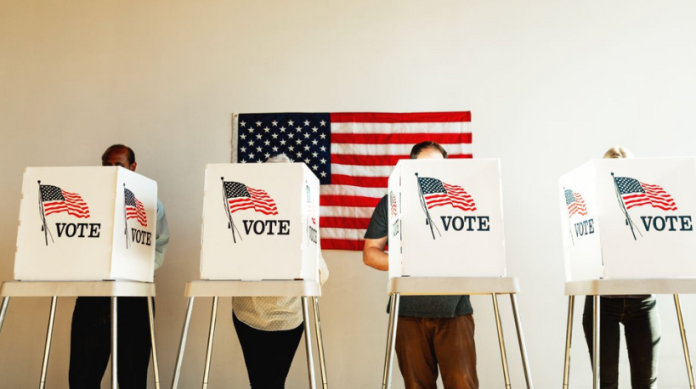A new House bill proposes banning election wagering, arguing that allowing commodities contracts on elections threatens their integrity and public trust.
Rep. Andrea Salinas (D-Oregon) and Rep. Jamie Raskin (D-Maryland) introduced the Ban Gambling on Elections Act on Dec. 18. It would tweak the Commodity Exchange Act, 1936 to specify that all betting is prohibited on all elections.
Election “betting” experienced a surge in 2024 and became a prominent discussion when the U.S. Court of Appeals for the D.C. Circuit upheld a district court ruling that allowed Kalshi to offer contracts on political events, including November’s election. Other groups like Robinhood and Polymarket followed suit and opened up markets on the event.
Raskin is the House Democrats’ ranking member on the Judiciary Committee, which heard a wide-ranging and sometimes off-track discussion on sports betting this week. He has backed past efforts to ban gambling on U.S. elections, including calling on the Commodity Futures Trading Commission (CFTC) last year to enforce an outright ban.
Raskin called his new co-authored bill “common-sense legislation.”
“With distrust in our electoral system at an all-time high, we must crack down on gambling in all U.S. elections,” said Raskin. “Our democracy demands reliable and transparent processes to cast ballots and tally results, not a horserace clouded by gambling odds and bets placed.”
“Elections betting sets a dangerous precedent, incentivizing bad actors to try and influence or interfere with our elections systems,” added Salinas. “We cannot play roulette with our democracy by allowing this kind of wagering without a thorough accounting of the potential consequences.”
The legislation is the counterpart to a Senate bill introduced by Oregon Democrat Sen. Jeff Merkley earlier this year. Merkley, Raskin, Sen. Elizabeth Warren and SAFE Bet Act co-sponsor Sen. Richard Blumenthal were among a group of lawmakers who urged the CFTC to implement an urgent ban on U.S. election markets in August as the election cycle entered its final months.
“Betting on elections degrades them from an investment in leadership to a profit-maximizing game,” said Merkley in this week’s statement. “This practice is corrupt since those betting can influence the outcome by funding late-cycle smear campaigns. It’s a great step forward to have House leaders like Rep. Raskin and Congresswoman Salinas take on this fight.”
As of noon on Election Day, Kalshi had accepted $250.5 million in contracts since opening its election trading availability on Oct. 4. Kalshi and some other companies including Robinhood and Polymarket took hundreds of millions of dollars on the fall elections, according to MarketWatch.
Don’t forget to subscribe to our Telegram channel!











